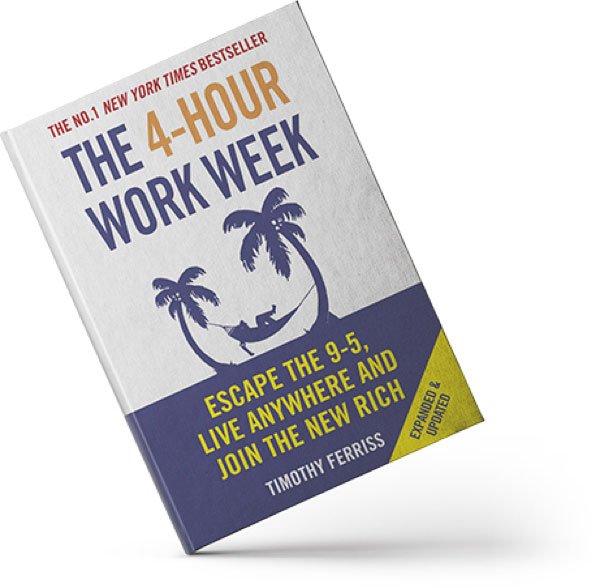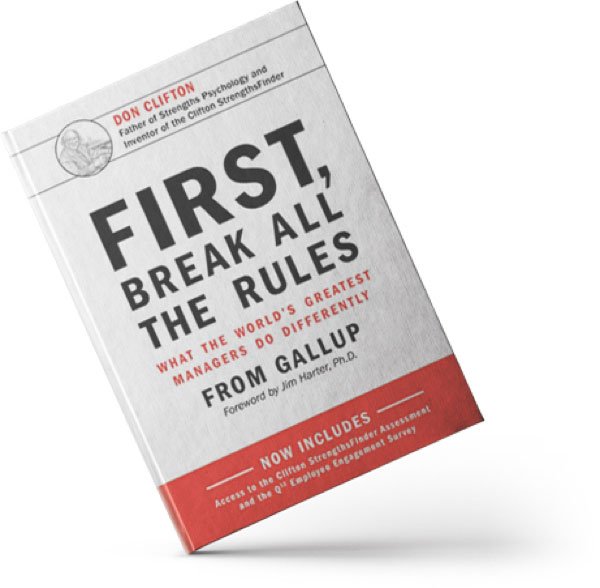The Autumn Budget on 26 November is shaping up to be one of the most consequential in years.
Chancellor Rachel Reeves faces a fiscal gap estimated between £20–£35 billion, persistent inflation (3.8%), and mounting pressure to fund public services without breaking Labour’s manifesto pledge not to raise Income Tax, National Insurance or VAT rates.
So, what could happen? We spoke to our specialists across the CP Tax team and Cooper Parry Wealth to get their takes – blending speculation, expert analysis and practical tips.
THE BIG PICTURE
Reeves has signalled “hard choices” ahead to protect the NHS, reduce debt and keep inflation under control. While headline rate hikes on Income Tax, NI and VAT now look unlikely after a recent U-turn, expect stealth taxes, wealth-focused measures and indirect levies to dominate.
Fiscal drag – freezing allowances and thresholds – remains the Chancellor’s favourite tool.
PERSONAL TAX: FREEZES, TWEAKS & EXIT TAX RUMOURS
- Threshold freeze extended to 2030 (5/5 likelihood) – This is a classic stealth tax. By holding personal allowances and income tax thresholds at current levels, inflation pushes more earners into higher bands, raising billions without an explicit rate hike.
- NI on rental income (4/5) – A move to treat property income more like employment income could hit landlords hard.
CAPITAL GAINS TAX (CGT)
- Rate rise to 28% (4/5) – Aligning closer to income tax bands is under discussion, though full alignment seems politically risky.
- Annual exemption remains at £3,000 – A sharp drop from £12,300 just three years ago.
- Business Asset Disposal Relief – Rate increases to 14% from April 2025 confirmed, rising to 18% in 2026. This could significantly impact entrepreneurs planning exits.
- Exit Tax on Wealthy Leavers
A 20% “settling-up charge” on unrealised gains for individuals leaving the UK was floated to raise £2bn and align with G7 norms. Other countries like France and Canada already impose similar rules. If introduced, expect anti-forestalling measures and possible deferral options for those returning within a set timeframe.
INHERITANCE TAX (IHT)
Major reforms are already locked in:
- Residence-based regime from April 2025 – Replacing domicile rules. Long-term UK residents (10 of last 20 years) face IHT on worldwide assets, even after leaving (up to 10-year tail).
- APR/BPR capped at £1m from April 2026 – Relief above that drops to 50%.
- Lifetime gifting rules under review – Possible extension of the 7-year rule or new lifetime caps. Taper relief could also be tightened.
PENSIONS & SAVINGS
- Salary sacrifice NIC relief cap (£2,000) – Almost certain, raising £2bn annually.
- Restricting Employer and Employee NIC savings on pension contributions – Strong likelihood (4/5) that this will be limited to £2,000 per annum. This would mean employers and employees will only save in relation to those earning below £40,000 per annum.
- Tax-free lump sum – Rumours of a cut persist, though transitional protection expected if implemented.
- Flat-rate tax relief (30%) – Still speculative but could simplify the system and reduce relief for higher earners.
INDIRECT TAXES
- Gambling Duty overhaul (5/5) – Remote Gaming Duty could jump from 21% to 40%, Machine Games Duty from 20% to 50% (if UK think tank proposals are implemented), targeting online slots and betting shops. Treasury aims to raise £3-4bn, but industry warns of job losses and black-market risk.
- Customs duty and low-value imports (4/5) – £135 de minimis threshold likely scrapped, following US and EU trends, raising £600m annually.
- VAT e-invoicing (5/5) – Near-certain, as HMRC moves toward real-time reporting to combat fraud.
- VAT registration threshold (2/5) – Speculation suggests a possible reduction to as low as £30k. This would be a bit of a U-turn and reversal of policy but could be an easy swap out if there is less concentration on income tax.
Motoring & EV Road Pricing
Fuel duty freeze may end, but the big shift is:
- Pay-per-mile tax for EVs from 2028 – 3p per mile proposed, adding £250-£600 annually for most drivers. Hybrids likely included at a reduced rate.
WHAT’S OFF THE TABLE?
- Headline Income Tax, NI, VAT rate hikes – Reeves has ruled these out (for now), opting for stealth measures instead.
- Full Wealth Tax – Politically dangerous and administratively complex (1/5 likelihood).
PRACTICAL TAKEAWAYS
- Act early: Pre-Budget planning can lock in current reliefs and avoid anti-forestalling traps.
- Focus on governance: Board meeting locations, residency status and compliance processes matter more than ever.
- Scenario planning: Model the impact of VAT threshold changes, gambling duty hikes and customs reforms on your business.
FINAL WORD
Autumn Budget 2025 may not deliver headline-grabbing rate hikes, but the cumulative effect of freezes, relief caps and indirect taxes will be significant. As Reeves walks the fiscal tightrope, businesses and individuals need to stay agile.
If you want to talk through what these changes could mean for you, get in touch with your Cooper Parry team today.






















